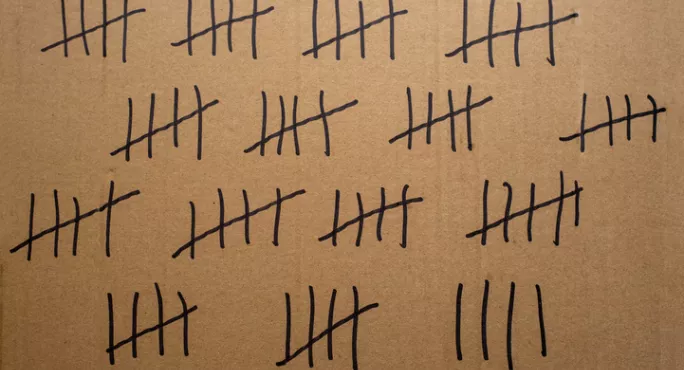In Jeremy Paxman’s autobiography A Life in Questions he recounts a story in which the former prime minister Sir John Major met with then president of Russia, Boris Yeltsin:
Major: “Well, Boris, in a word, how is Russia?”
Yeltsin: “Good.”
Major: “And in more than one word?”
Yeltsin: “Not good.”
I love this vignette, and I immediately think of Ofsted judgements every time I tell the story. And that is because, apart from being thoroughly institutionalised, I am also very wary of any system that tries to distil a complex organisation into a one-word descriptor of its effectiveness.
Granted, no school is as complex as a nation, but they are complex enough - and reductive descriptors smooth out the variation in how effective the various parts of a school are. No school graded as “outstanding” is brilliant at everything, and some things will be far from good enough. Likewise, in a school graded “inadequate”, not everything is poor and, indeed, some things will be highly effective.
More by Jarlath O’Brien: Why the ‘traffic light’ system doesn’t work
Need to know: Why you need to think twice before ‘punishing’ a pupil
Behaviour: Does all misbehaviour communicate an unmet need?
The same is also true of many systems to keep track of behaviour. Allocating points to incidents, either positive or negative, is often a feature of these systems, with the points reflecting the seriousness of the incident. Uniform infringement - one point; rudeness to a teacher - two points; verbal abuse of a peer - three points, etc.
Each time this happens we reduce down the information to a point where it becomes less useful to us than it could have been. There is only one reason to quantify incidents, and that is because we want, or feel compelled, to perform some analysis on the numbers. We may write in reports to headteachers, governors and trustees, self-evaluation forms, behaviour review plans, annual reviews for EHCPs things like:
- Twice as many points have been awarded for positive incidents this term than for negative incidents.
- Behaviour points issued for negative incidents have reduced by 15 per cent this year compared with last (with the clear implication that behaviour, therefore, is much improved).
- Jarlath’s net behaviour score this term is -25, compared with -9 for last term. (In this case, all you end up with is a “good” list for positive scores, and a “naughty” list for negative scores: information that will only be of real use to Father Christmas).
Worse still, we may make policies informed by such systems: for example, only allowing a Year 11 student to attend their end-of-year prom if they’ve got a positive score.
I know some schools do this to maintain motivation, but information such as this is too blunt to be seen as fair by students, especially those who don’t qualify and doubly so if the case is marginal.
I say this from the position of someone who, as an assistant headteacher, was very impressed with such a system. I was seduced by the simplified approach and did not think for one second about what was lost by reducing incidents down to numbers.
I get why you would want to grade incidents by severity, but you could achieve the same outcome by RAG-rating incidents to prevent you from averaging them later and claiming that the mean incident this year had a score of 1.2 (better than last year’s mean of 1.28), which isn’t particularly meaningful.
And if you are not going to produce some numerical outcomes of the sort suggested above, then it’s not worth using a points system at all.
Gauging whether the behaviour of a person, year group or school is better or worse than it was last term or year is not easy, and systems are needed to help you collate all the information required.
But the people making those judgements will have to rely on numerous sources of information, and that information must remain in a form that assists discerning teachers and leaders. In other words, no formula on a spreadsheet is going to do that job for you.
Jarlath O’Brien is a local authority adviser and is the author of Better Behaviour - A Guide for Teachers and Leading Better Behaviour - A Guide for School Leaders


